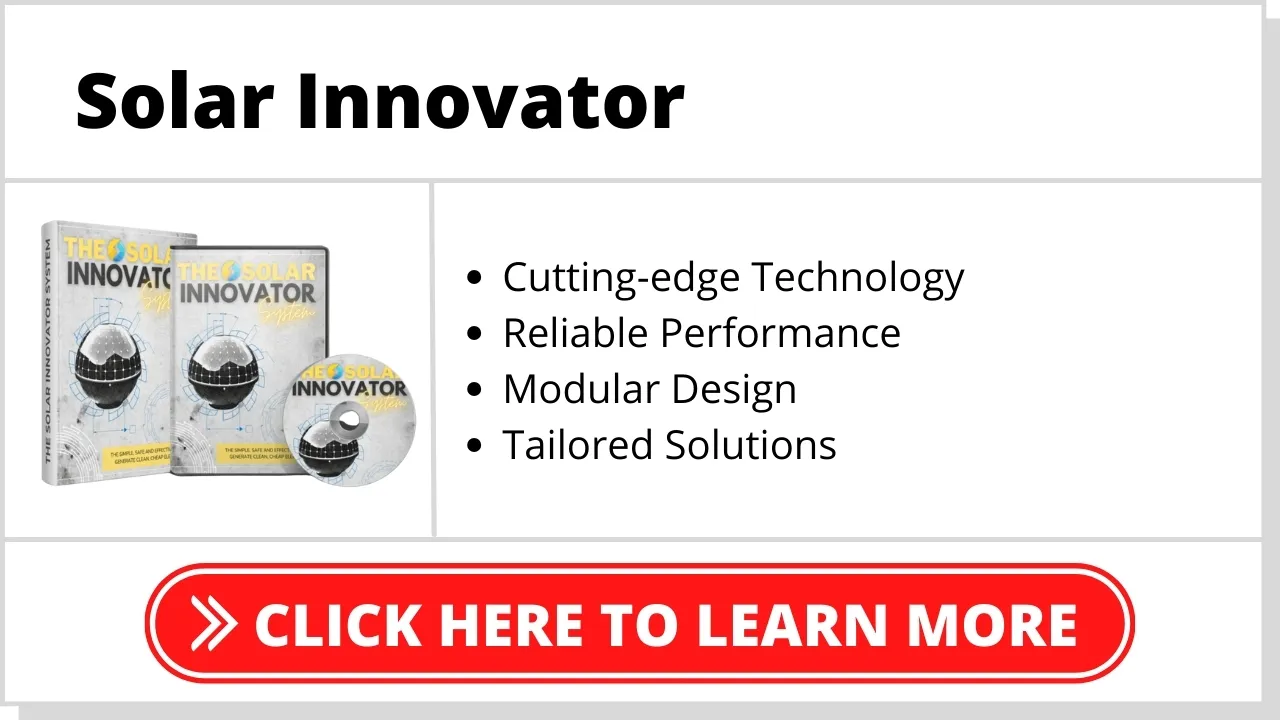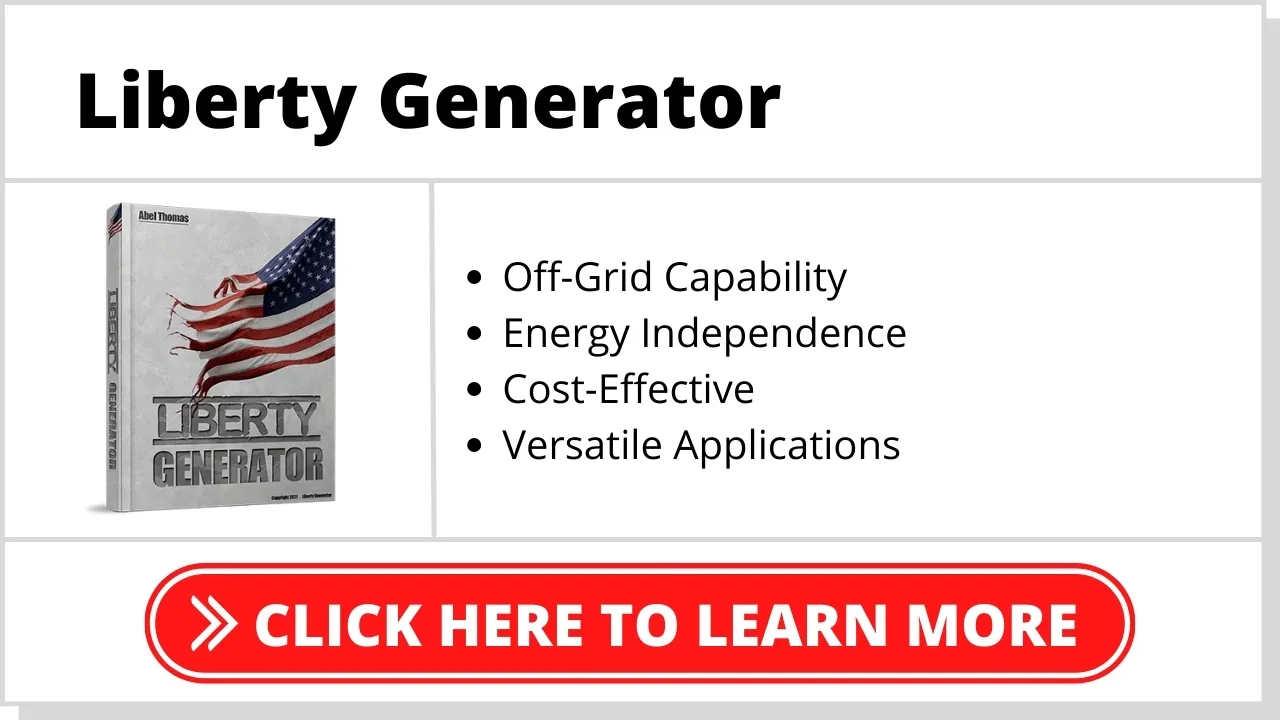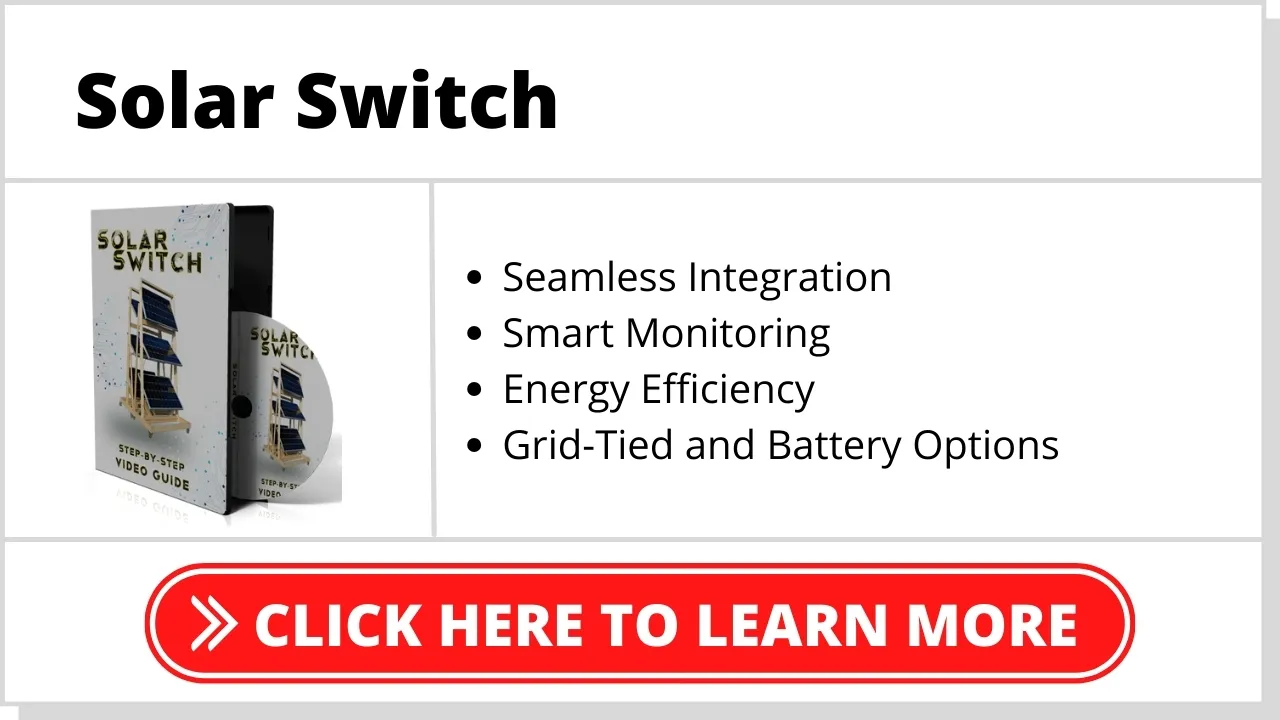Unlocking the Power of the Sun: Best Solar Power Systems for Your Home

In an era where sustainability intersects with technology, harnessing the power of the sun for home use is not just an environmentally conscious decision, but a financially savvy one as well.
"Unlocking the Power of the Sun: Best Solar Power Systems for Your Home" is dedicated to guiding you through the world of residential solar power systems, a realm where innovation meets practicality.
As we embark on this enlightening journey, we delve into the realm of solar energy, a clean, renewable resource that has transformed from a futuristic concept into a feasible and increasingly popular choice for homeowners worldwide.
This article serves as your comprehensive guide to understanding and choosing the best solar power systems tailored to your home's unique needs. We recognize that every household has different energy requirements and constraints, and there is no one-size-fits-all solution in the dynamic landscape of solar technology.
Here, we will review and compare leading solar power systems, taking into account factors like efficiency, durability, cost, and ease of installation.
Our goal is to demystify the process of going solar, helping you make an informed decision that aligns with both your energy aspirations and lifestyle preferences.
Join us as we explore how these advanced systems not only contribute to a greener planet but also offer a pathway to energy independence and long-term cost savings.
Top 3 Best Solar System for Your Home
Solar innovator
Liberty generator
Solar Switch
#1 Solar Innovator: Pioneering the Solar Frontier

In the realm of solar innovation, "Solar Innovator" stands out as a beacon of cutting-edge technologies and transformative ideas. This comprehensive e-book dives deep into the latest trends and breakthroughs in solar energy, shedding light on the future of sustainable power. From advanced photovoltaic cells to smart solar grids, Solar Innovator guides readers through the forefront of solar technology, unraveling the potential to reshape the way we harness energy from the sun.
#2 Liberty Generator: Empowering Energy Independence

For those seeking autonomy in energy production, the "Liberty Generator" e-book emerges as a go-to resource. This extensive guide explores the realm of off-grid possibilities, providing insights into creating a sustainable and independent energy source. With a focus on cost-effectiveness and practical applications, Liberty Generator transforms renewable energy concepts into tangible solutions, unlocking the path to energy independence for readers.
#3 Solar Switch: Navigating the Solar Landscape

In the dynamic landscape of solar power, the "Solar Switch" e-book serves as a comprehensive navigator. From grid-tied solutions to cutting-edge battery technologies, Solar Switch guides readers through the multifaceted world of solar energy. This e-book explores the efficiency, versatility, and smart integration of solar power, empowering individuals to make informed decisions in adopting and adapting to the evolving solar revolution. With insights into monitoring systems and seamless integration, Solar Switch illuminates the pathways to a sustainable and energy-efficient future.
Our Criteria For Our Best Solar Power Systems
Efficiency: Evaluate the efficiency of the solar panels in converting sunlight into electricity. Consider the overall efficiency of the entire solar-powered system, including inverters and energy storage solutions.
Durability and Longevity: Assess the durability of the solar panels and other components to withstand environmental factors such as wind, hail, and extreme temperatures. Consider the warranty period provided by the manufacturer, indicating confidence in the system's longevity.
Installation and Maintenance: Examine the ease of installation, including whether it requires professional installation or if it's suitable for DIY installation. Evaluate the maintenance requirements, and consider systems with minimal upkeep for long-term reliability.
Energy Storage Capacity: For systems with energy storage capabilities, assess the capacity of the batteries and their ability to store surplus energy for later use. Consider the lifespan and warranty of the energy storage components.
Smart Technology Integration: Assess whether the solar-powered system integrates with smart home technologies for monitoring, control, and optimization. Consider the availability of mobile apps or online platforms for remote monitoring and management.
Scalability: Evaluate whether the solar-powered system can be easily scaled up or expanded to meet increasing energy needs. Consider compatibility with additional solar panels or energy storage units.
Off-Grid Capability: Determine whether the system is designed for off-grid use, providing reliable power in remote locations or during emergencies. Assess the system's ability to function independently from the conventional power grid.
Cost and Affordability: Consider the initial cost of the solar-powered system, including installation and any additional components. Evaluate the long-term cost-effectiveness by factoring in potential energy savings and return on investment.
Environmental Impact: Assess the environmental impact of the materials used in the solar-powered system's production. Consider whether the system has been certified or adheres to environmental standards.
Customer Reviews and Ratings: Read customer reviews and ratings to understand real-world experiences with the solar-powered system. Consider testimonials and feedback from users who have similar energy needs.
Brand Reputation and Reliability: Research the reputation of the brand or manufacturer in the solar energy industry. Consider the reliability of the brand in terms of product quality and customer support.
By using these criteria, individuals and businesses can make informed decisions when selecting the best solar-powered system that aligns with their specific needs and preferences.
Are Solar Power Systems Safe?
Yes, solar power systems are generally safe and pose minimal risks when installed and maintained properly. The technology used in solar panels and associated components is designed with safety in mind.
Here are key points highlighting the safety of solar power systems:
Low Risk of Fire: Solar panels do not produce heat while generating electricity, reducing the risk of fire. Stringent safety standards and regulations ensure that solar panels are safe for residential and commercial use.
Inverter Safety: Inverters, which convert direct current (DC) generated by solar panels into alternating current (AC) for household use, are equipped with safety features. They are designed to shut down automatically in case of a malfunction.
No Emissions or Pollution: Solar power systems generate electricity without emitting harmful pollutants, making them environmentally friendly. Unlike traditional power sources, solar energy production does not involve combustion or release of greenhouse gases.
Low Voltage Systems: Solar panels operate at low voltages, typically 12 to 48 volts. This low voltage significantly reduces the risk of electric shock, making solar power systems safe for homeowners and installers.
Minimal Maintenance Risks: Routine maintenance for solar power systems is minimal and generally involves keeping the panels clean. There are no hazardous materials or processes involved in regular maintenance tasks.
In conclusion, solar power systems are safe, reliable, and environmentally friendly. Professional installation, compliance with safety standards, and adherence to manufacturer guidelines are crucial for ensuring the ongoing safety and performance of solar energy systems.
How Much Do Solar Power Systems Cost?
The cost of solar power systems can vary based on several factors, including system size, location, and specific components. On average, the cost per watt for a residential solar installation ranges from $2.50 to $3.50. For a typical home, a 5-kilowatt (kW) system, which is a common size, may cost between $12,500 and $17,500 before any incentives or rebates.
Several factors contribute to the overall cost of a solar power system:
System Size: Larger systems with higher energy production capacity will generally have a higher upfront cost.
Quality of Components: The type and quality of solar panels, inverters, and other components impact the overall system cost. Premium or high-efficiency components may come at a higher price.
Installation Complexity: Roof type, structure, and shading conditions can affect installation costs. Complex installations may require additional labor and equipment.
Location: Solar incentives, rebates, and local regulations vary by location. Some regions offer more financial incentives, reducing the overall cost for homeowners. It's important for homeowners to obtain customized quotes from reputable solar installers to accurately assess the cost of a solar power system tailored to their specific needs and location.
While the initial investment can seem significant, the long-term savings on energy bills and potential incentives make solar power an increasingly cost-effective and environmentally friendly choice.
Who Should Use Solar Power Systems?
Solar power systems are versatile and beneficial for a wide range of individuals and entities. Anyone seeking a sustainable, cost-effective, and environmentally friendly energy solution can consider the adoption of solar power. Here's a breakdown of who can benefit:
Homeowners: Residential solar power systems are an excellent choice for homeowners looking to reduce their electricity bills and contribute to a cleaner environment. With various financing options and incentives, solar installations have become more accessible.
Businesses: Commercial enterprises can significantly benefit from solar power, reducing operational costs and enhancing their corporate social responsibility. Solar systems offer a reliable and long-term solution for businesses seeking energy independence.
Government Entities: Government agencies at different levels can use solar power systems to meet renewable energy goals, lower utility costs for public facilities, and set an example for sustainable practices.
Agricultural Operations: Farms and agricultural businesses can harness solar energy to power irrigation systems, machinery, and facilities, providing a reliable and cost-effective energy source for remote or off-grid locations.
Nonprofit Organizations: Nonprofits can leverage solar power to reduce operational costs, directing more resources toward their core missions. Donors and supporters often appreciate organizations that embrace environmentally friendly practices.
Schools and Educational Institutions: Solar power systems in schools not only reduce energy expenses but also serve as educational tools. Students can learn about sustainable energy firsthand, fostering environmental awareness.
Remote and Off-Grid Locations: Solar power becomes crucial in areas where traditional power infrastructure is limited or nonexistent. Remote clinics, research stations, and off-grid communities benefit from solar solutions.
In essence, solar power systems are inclusive, catering to a diverse range of users with varying energy needs. The widespread adoption of solar technology contributes to a more sustainable and resilient energy future.
Our Conclusion - Which Sola Power System E-Book Is Right For You?
In conclusion, choosing the ideal e-book on solar-powered systems depends on your specific needs and interests.
If you're passionate about staying at the forefront of cutting-edge solar technologies, Solar Innovator is the ideal choice.
For those seeking practical insights into achieving energy independence, Liberty Generator provides a comprehensive guide.
Meanwhile, if you're interested in navigating the solar landscape with a focus on grid-tied solutions and integration, Solar Switch serves as a trustworthy navigator.
Each e-book offers a unique perspective, empowering you to make informed decisions and embark on a journey toward a sustainable and energy-efficient future.

FDA Required Disclaimer: The statements and products shown on this website have not been evaluated by the US Food and Drug Administration. These products are not intended to diagnose, treat, cure, or prevent any disease. Those seeking treatment for a specific disease should consult a qualified physician prior to using our products if possible. This product should be taken as part of a healthy lifestyle. The individuals shown are paid models compensated with free product. All of the testimonial statements are genuine. The experience of the customers who have submitted these testimonials are unique and do not guarantee or predict any outcome.